Understanding Chicken Worms: An Overview
Chicken worms are a common concern for poultry farmers, encompassing a variety of internal parasites that can affect the health of chickens. These parasites can range from gapeworms in chickens to tapeworms, each with unique implications for poultry health management. Understanding the types and effects of these parasites is crucial for effective poultry care.
Types of Worms in Poultry
The term "chicken worms" includes several species, such as the notorious gapeworm, which lodges in the bird's respiratory tract, causing the characteristic gaping action. Other prevalent types include roundworms and tapeworm in chicken poop, which are often visible to the naked eye. Identifying the type of worm is essential for treatment, as each requires a specific approach.
Common Treatments and Preventative Measures
Treatment for chicken worms typically involves the use of a chicken dewormer. Options range from synthetic products like fenbendazole chicken treatments to natural dewormer for chickens. Preventative measures include maintaining clean living conditions and regular health checks to spot signs of infestation, such as chicken poop with worms.
Natural Solutions for Worm Control
In recent years, there has been a growing interest in natural chicken wormer solutions. These methods focus on creating a hostile environment for parasites without the use of harsh chemicals. Options such as natural poultry wormer remedies are gaining popularity among organic farmers and those looking to reduce their reliance on synthetic products.
Recognizing Symptoms of Infestation
Early detection of chickens and parasites is vital. Symptoms can include weight loss, decreased egg production, and respiratory distress. In the case of gape worm chicken infestation, the bird may exhibit a gaping beak, struggling for air. Regular observation helps in the timely identification and treatment of these issues.
Conclusion: The Importance of Effective Worm Management
Effective management of chicken parasite issues is essential for the health and productivity of poultry. By understanding the types of worms, recognizing symptoms, and using appropriate treatments, farmers can ensure the wellbeing of their flocks. Continuous education and adaptation of best practices in parasite management remain key to successful poultry farming.
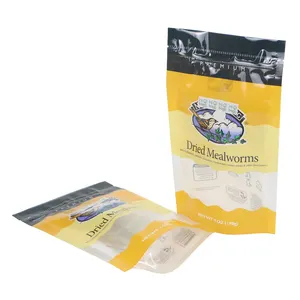

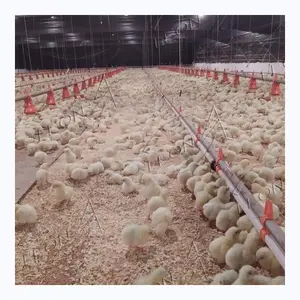



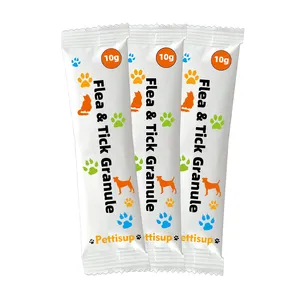





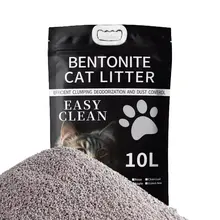
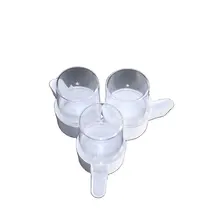

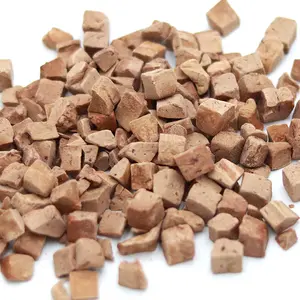













 浙公网安备 33010002000092号
浙公网安备 33010002000092号 浙B2-20120091-4
浙B2-20120091-4